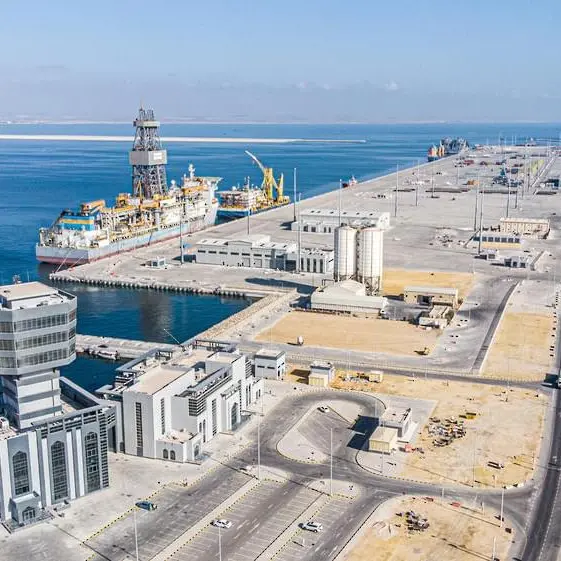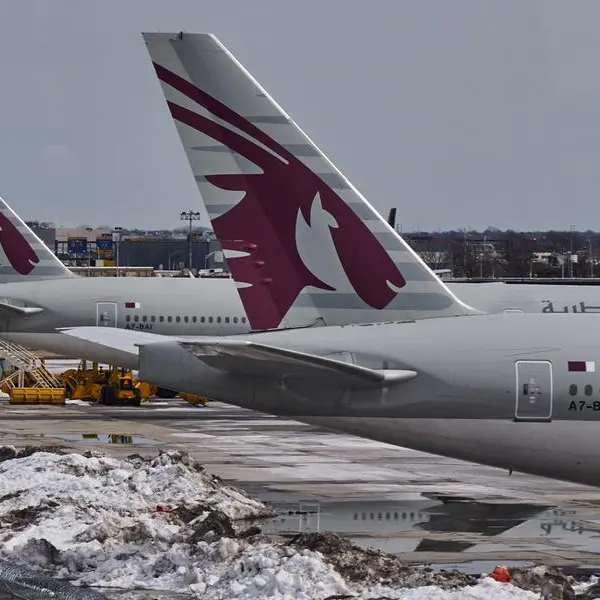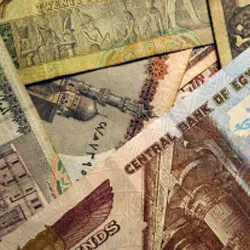MANILA - Tessie, her husband and their adult son recently vacated their home of 37 years in a Manila suburb to make way for some unfamiliar tenants - 20 Chinese nationals.
It wasn't an easy decision to let out their 5-bedroom home, but for 140,000 pesos ($2,730) a month in rent - nearly three times the norm in their middle-class neighbourhood - it was an offer too good to refuse, said Tessie. She declined to be identified by her full name.
Like Tessie, many Filipino landlords are laying out welcome mats for the surging number of Chinese coming to Manila to work in online gaming companies taking sports and casino bets, undeterred by simmering anti-China sentiment and a common perception that Chinese are taking Filipino jobs.
"I was afraid at first because I heard so many bad things abut Chinese tenants but I was convinced later on when my friends told me they were doing the same", said Tessie.
"It's benefiting people like me who need to earn", said the 63-year-old housewife.
Her home is close to a two-tower office building where five of the nine floors are used by Chinese gaming firms. A Chinese restaurant and Chinese tea shop downstairs do brisk trade.
Such arrangements are now commonplace across the business hubs of Manila, where Chinese gaming firms are capitalising on the Philippines' liberal gaming environment and an insatiable appetite for gambling in China, which forbids all types of betting.
The influx started in 2016, coinciding with the rise of Philippine President Rodrigo Duterte, who since coming into power has pursued warmer ties with China, and the gaming regulator's move to license these internet gambling operators.
The number of Chinese work permit holders nearly quadrupled in two years to 109,222 in 2018, government data showed, making China the biggest source of expatriate workers in the Philippines.
In comparison, there were 4,477 work permit holders from Japan and 622 from the United States last year.
The arrival of Philippine offshore gaming operators, better known as POGOs, has become a major boon for the property market just as it was getting crimped by a slowdown in the country's $24 billion outsourcing sector.
"POGOs came in and saved the office market", said Dom Fredrick Andaya, a director at Colliers International Philippines. "We would have had double-digit vacancy rates by 2017 if POGOs did not come".
OFFICE, HOME RENTS SURGE
Philippine gaming regulators have so far licensed 56 POGOs from 35 in 2016. They have also accredited 204 gaming support providers that market their products and render customer service to players abroad, among other services.
Reuters requested comment from at least two POGOs whose contact details were available online but they did not respond. Reuters also visited at least one gaming tenant in a building in the main Makati business district but was denied entry.
POGOs will likely take up 1 million square metres of office space in Manila by year-end, Andaya said, nearly 12 times more than in the last quarter of 2016.
Office rents in the Manila Bay area, which has the highest concentration of POGOs, have risen as much as 150% over the past two years, with some renting up for 1,500 pesos per square metre, Andaya said, comparable to rents in Makati.
Alongside, the influx of Chinese workers has fuelled a surge in demand for residential space, lifting condominium and housing rents by as much as 50% in areas where POGOs operate, said Pronove Tai International Property Consultants.
"The sales market increased with investors buying bulk units...which they lease to Chinese companies as staff housing", Pronove Tai said.
Chinese accounted for close to 50% of local developers' foreign sales, Colliers said, helping drive residential property prices higher.
Shop signs and names of restaurants, spas and pharmacies in Mandarin have become increasingly common around the capital, and many retail stores are now using Chinese digital payment apps WeChat Pay and AliPay.
But lawmakers are growingly worried that the rising number of Chinese workers could lead to local strife and increase the competition for jobs when 2.29 million Filipinos are unemployed.
The issue is being compounded by the arrest of hundreds of undocumented Chinese workers in illegal online gambling outfits and construction sites and the discovery by authorities that some of these entities have not been paying correct taxes.
But Duterte has called for tolerance.
"The Chinese, let them work here. Let them be. Why We have 300,000 Filipinos in China. That's why I can't just say, leave, or have them deported. What if they make all the 300,000 (Filipinos) leave", Duterte said in a speech in February.
Filipino businessman JP Gaspar, who is renting out his family's four-bedroom home to Chinese nationals for 100,000 pesos a month, said he is aware the country's embrace of China may not last longer than Duterte's six-year term in office.
"In the meantime, I'll grab the opportunity", Gaspar said. ($1 = 51.3500 Philippine pesos)
(Reporting by Karen Lema Additional reporting by Neil Jerome Morales; Editing by Raju Gopalakrishnan) ((karen.lema@thomsonreuters.com; +632 841-8938; Reuters Messaging: karen.lema.thomsonreuters.com@reuters.net))




















